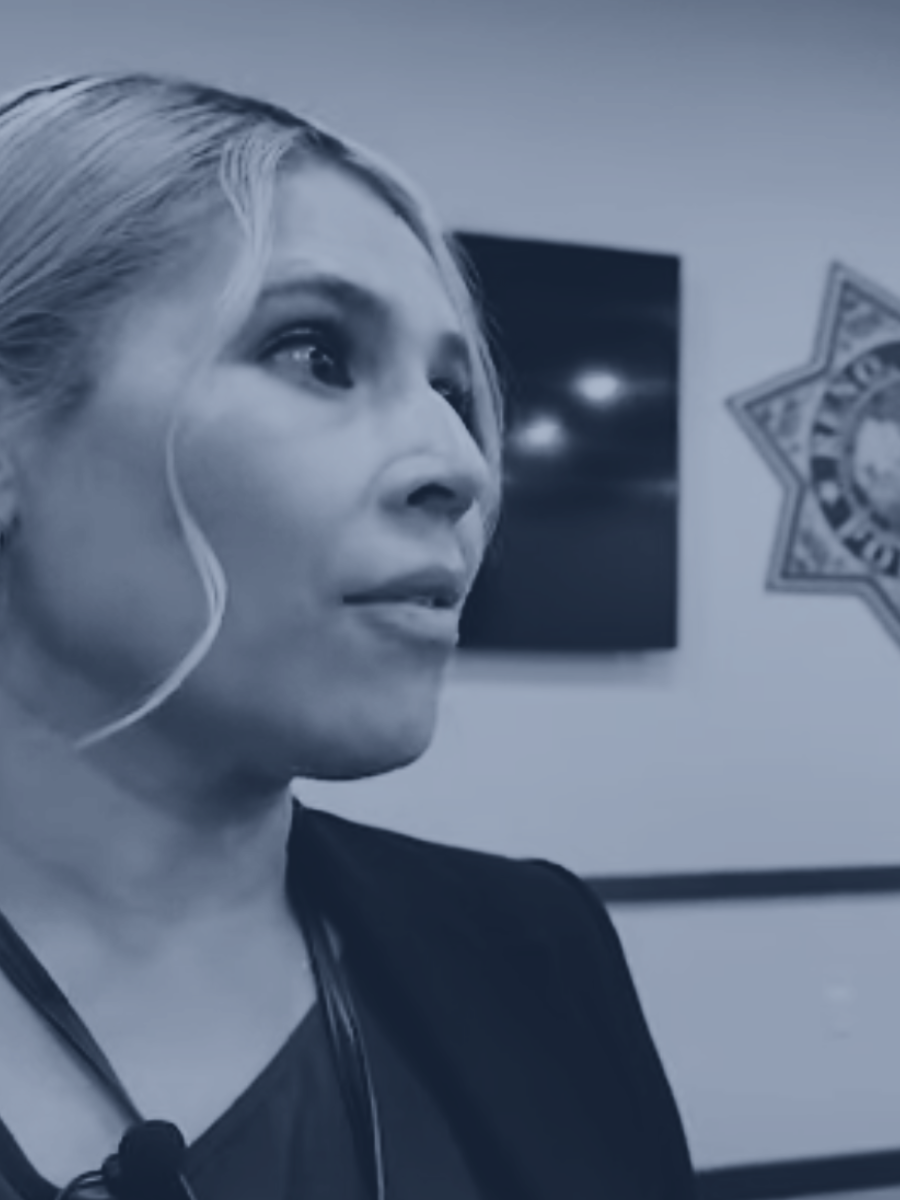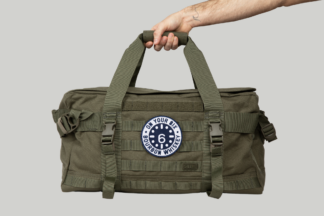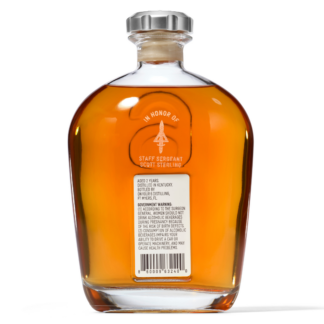Crime, like loneliness, thrives in isolation. Marisol Perez, a victim’s advocate within the Reno Police Department, is working every day to bring people closer together. The solution is as simple as a cell phone. Working with a Florida organization called 911 Cell Phone Bank in Florida, Marisol spends most of her day providing free cell phones and minutes to victims of human trafficking.
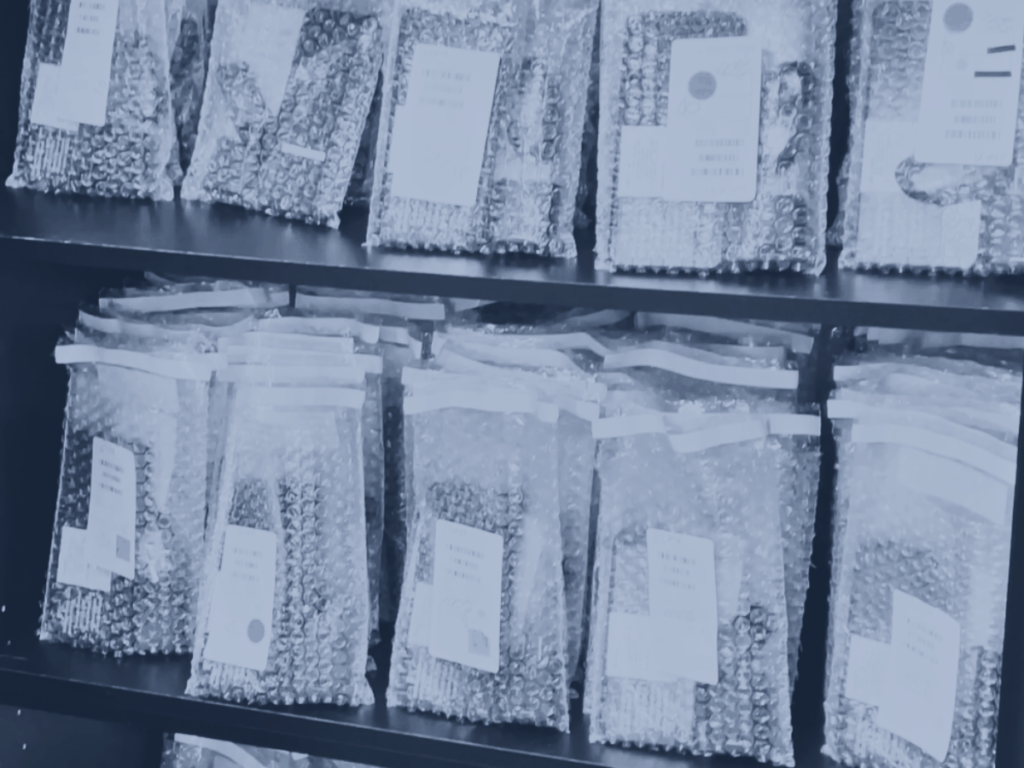
Despite its small size, a simple cell phone can be a crucial lifeline for victims—one that breaks the silence that allows their exploitation to flourish. Before the initiative, the Metro Police Department of Las Vegas purchased their own phones and minutes for exceptionally dire cases—at a significant cost. The donation-based work of Marisol and 911 Cell Phone Bank has made them not only less expensive, but given more people in peril access to these potentially life-saving connections.
Donations Greatly Appreciated
The process for getting the phones into the hands of those that need them spans the country. Phones are repurposed from unclaimed police evidence, community donations, and contributions from the local jail. They are then sent to Florida, where 911 Cell Phone Bank wipes them clean and provides minutes and data before shipping them back to Marisol for distribution in Reno.
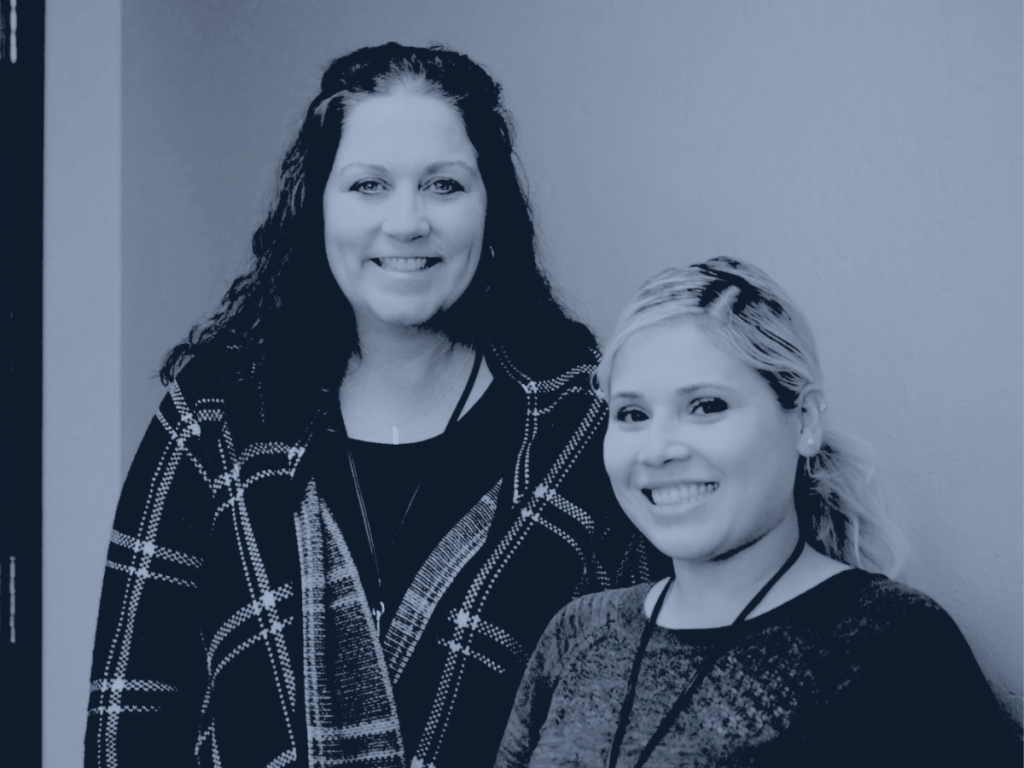
Susan Shipp of 911 Cell Phone Bank is quick to emphasize the importance of donations, especially from companies with many unclaimed phones sitting in lost-and-found departments. “Human trafficking is just a huge issue, and it’s a hidden crisis that thrives on isolation. Our program helps break that isolation.”

